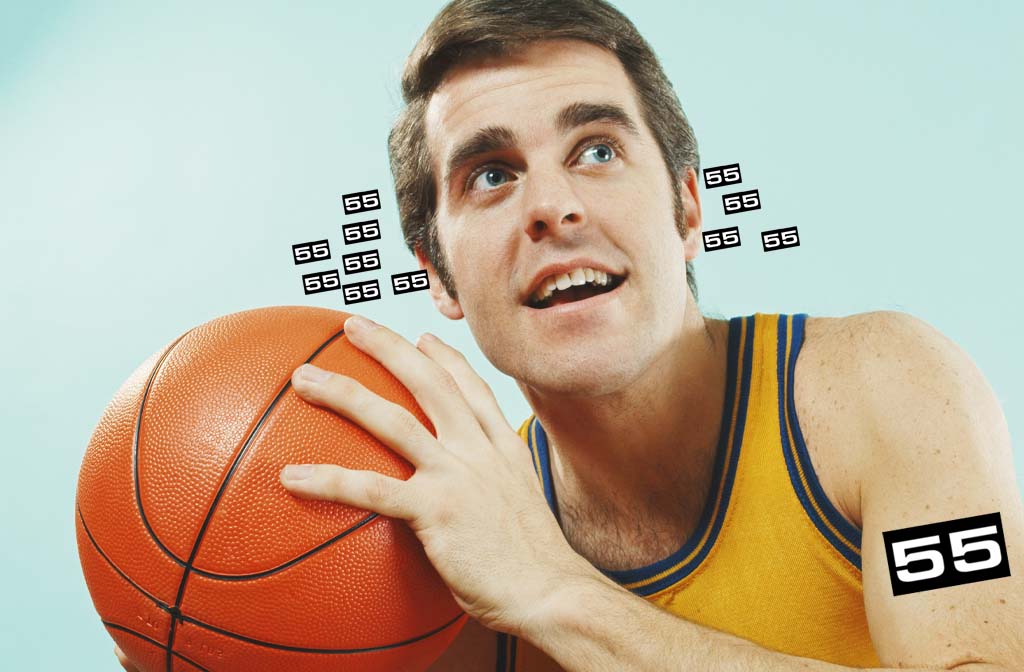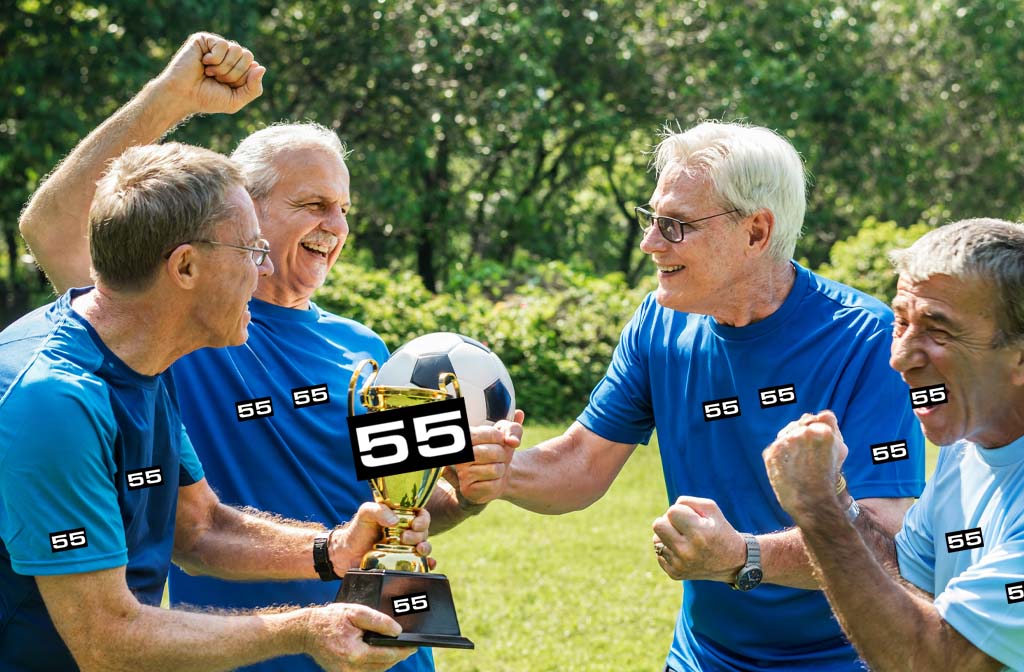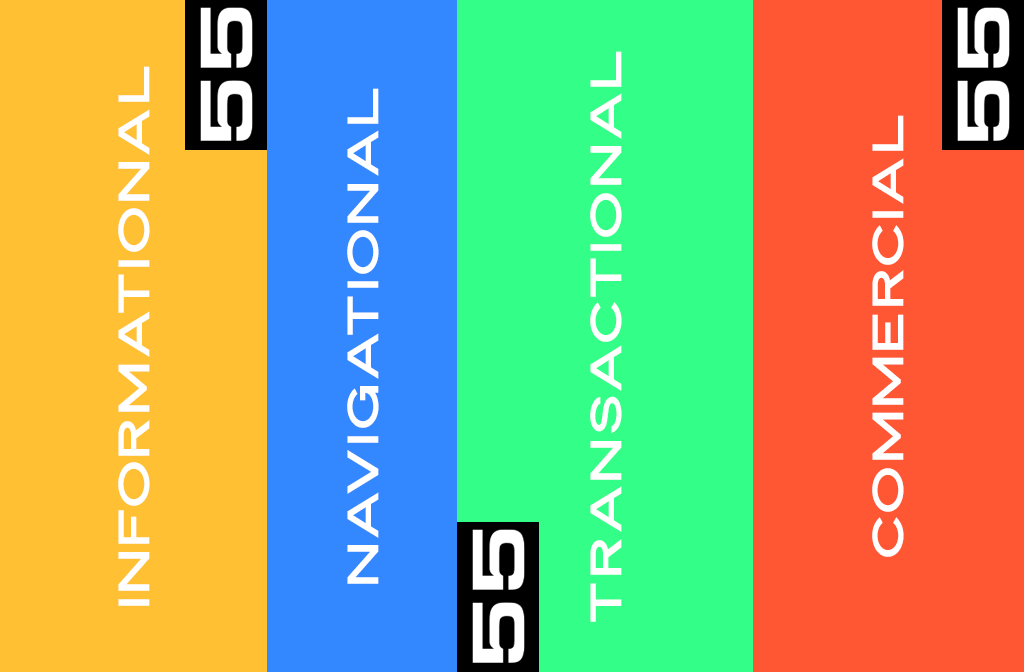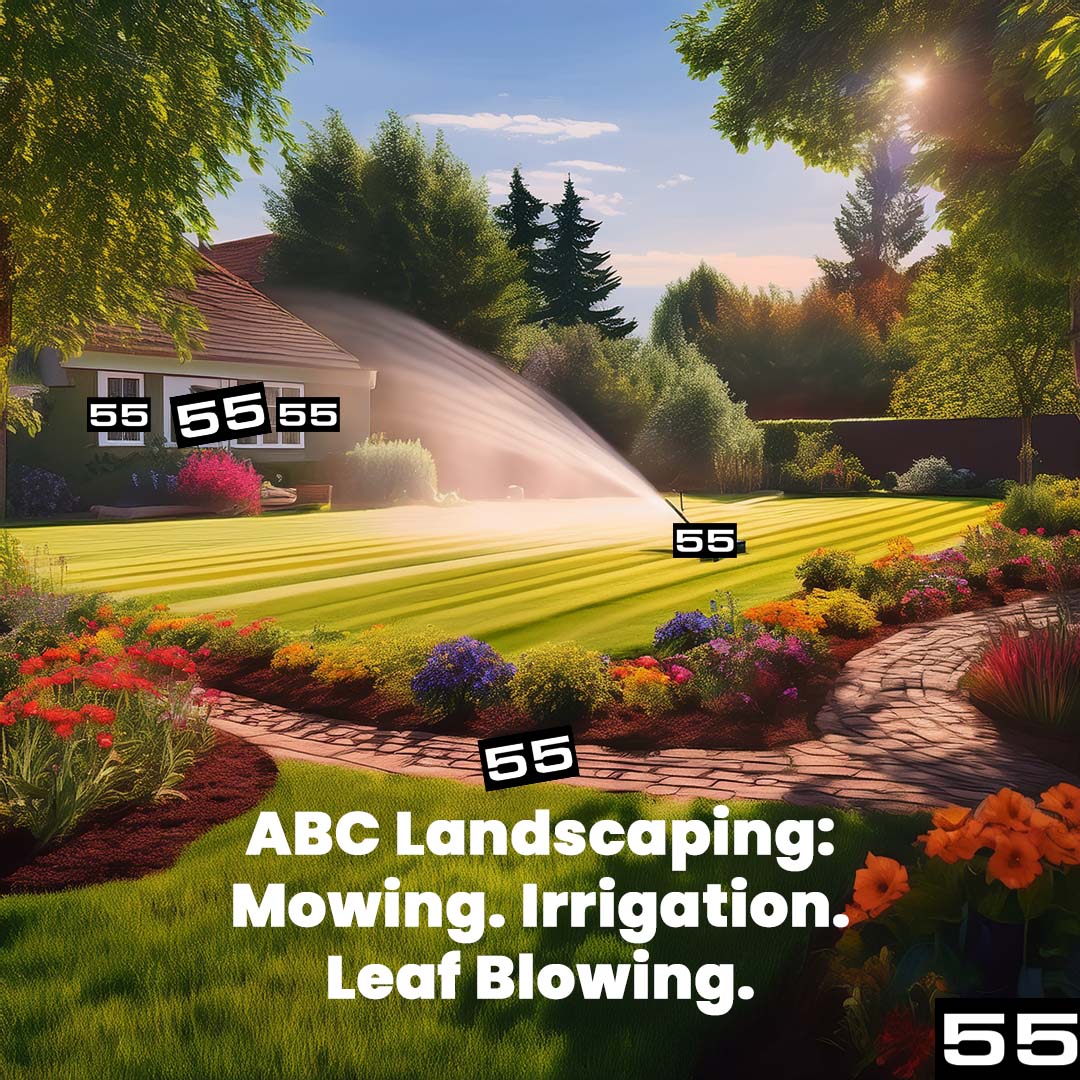
The Podcast Explosion: Why We Should All Need a License to Start One (Even Taylor Swift’s Boyfriend)
The Podcast Boom—Worse Than a 3-Point Brick
There’s a podcast for everything these days. Whether it’s obscure conspiracy theories, in-depth analysis of the NBA’s greatest dynasties, or someone’s very public, very emotional journey after being dumped—if you’re looking you can find it. But here’s the issue: much like watching a badly-coached basketball team, most of us don’t even tune in anymore. There are just too many bad podcasts out there, and it’s high time someone did something about it.
Let’s be real—starting a podcast is way too easy. In fact, there are podcasts. About. How to podcast. Whhhhhaaaat? All you need is a microphone (or worse, your laptop’s built-in mic), free editing software, and the will to talk. My gawd the will to talk. Some need the will to shut up because does the world need your hot takes on LeBron’s legacy? Do we need a three-hour deep dive into why your college team is underrated? No. Should we have a license to start one? Absolutely. Let’s talk about why the world of podcasting needs a shot clock before the game gets out of hand.
The Podcast Proliferation: How Did We Get Here?
It’s like the NBA All-Star weekend but with way more amateurs. When podcasting first came into the spotlight, it was a bit like discovering Michael Jordan during his rookie season—you just knew something special was brewing. Think back to Serial, the podcast that started the true-crime craze. Just like Jordan taking off from the free-throw line, it launched a million imitators.
And now? Well, now it’s like a pick-up game with way too many players on the court. According to Edison Research, there are over 4 million podcasts available today, but only about 18% of them have posted a new episode in the last 90 days. It’s like the majority of these podcasters quit halfway through the season, leaving the rest of us to dribble around their half-finished work.
Why? Because starting a podcast is easier than draining a free throw. You just need:
- A microphone (though many podcasters prefer yelling into their AirPods)
- Basic editing software like Audacity (or none at all, let’s be honest)
- A recording space (often the echo-chamber of someone’s shower)
And there you go. The problem is that just like you shouldn’t take a half-court shot unless you’re Steph Curry, not everyone should start a podcast.
The Case for a Podcast License: Quality Control or Bust

Imagine this: you’re a die-hard NBA fan looking for a fresh basketball podcast. After scrolling through endless generic thumbnails (including at least five that feature basketballs in flames), you find one. Five minutes in, the host is ranting about his middle school gym coach, his mic sounds like it’s stuck in a wind tunnel, and the conversation has veered into a heated debate about whether the Earth is flat. This is why we need a podcast license. Some kind of quality control, people!
Picture a vetting process—something simple, like:
- “Do you own a microphone that doesn’t double as a potato?”
- “Can you stay on topic for more than three minutes?”
- “Do you understand that we came here for basketball talk, not your conspiracy theory podcast crossover?”
If the answer is no, congratulations! You’ve just saved the world from another bad podcast. At the very least, there should be a regulation preventing people from launching a podcast without understanding how basic sound works.
Sports Podcast Stars (and Foul Players)
In the sea of podcasts, some manage to rise above the noise, especially in sports. But even these MVPs aren’t without controversy. Let’s start with one of the newest and most high-profile podcasting entries: Taylor Swift’s boyfriend, Travis Kelce, and his show New Heights.
- New Heights: Hosted by NFL star Travis Kelce and his brother Jason Kelce, this podcast covers all things football and life. But let’s be real—ever since Travis started dating Taylor Swift, the show has had way more eyes on it. It’s essentially become the most unlikely blend of sports talk and Swiftie fever. How much is Kelce being paid to share his brotherly banter with the world? Rumor has it he’s just bagged around $100 million for the show, which will now stream on Amazon. Not a bad paycheck for talking about touchdowns and, your girlfriend.
In terms of sports podcasts, though, you can’t deny that some shows bring real insights and entertainment value. But for every JJ Redick’s The Old Man & the Three, there are hundreds of unlistenable clones cluttering the field.
- The Old Man & the Three: Hosted by JJ Redick, this podcast has become a must-listen for NBA fans. Unlike your random hot take podcaster, JJ actually knows his stuff, and his guests (often NBA legends) provide insight that feels like courtside analysis.
On the other hand, many other basketball shows feel like watching someone attempt a windmill dunk and fail miserably. You know the ones—they spend 20 minutes on whether the ‘96 Bulls could beat today’s Lakers before descending into side tangents about why they still miss their high school glory days.
Why We Don’t Listen (But Think We Do)
Here’s the thing—just like that friend who swears he “watches every NBA game,” most of us don’t actually listen to the podcasts we pretend to love. Statistics show that 44% of podcast listeners don’t finish the episodes they start. We hit play, get distracted by Instagram, and next thing you know, we’re deep into an argument on Twitter about whether Draymond Green is a dirty player (spoiler: yes).
The reality is we want to look like podcast fans without putting in the hours. After all, the average basketball podcast runs well over an hour. That’s a lot of listening time to sacrifice just to hear someone’s take on whether LeBron or MJ is the GOAT for the millionth time.
The Equipment Problem: Step Up Your Game, Podcasters
Okay, aspiring podcasters, let’s get one thing straight—if you’re going to enter the podcast arena, you need to invest in the right gear. Imagine if Steph Curry took the court with a pair of Payless sneakers instead of his signature Under Armour kicks. Unthinkable, right? Well, the same goes for podcasting. You can’t record the next Bill Simmons Podcast on a $10 mic you found on Craigslist.
A decent USB microphone costs about $100. Throw in a pop filter, some headphones, and maybe a bit of soundproofing, and boom—you’re at least in the minor leagues. Trust me, we can tell the difference between pro-grade audio and someone recording in their mom’s kitchen with the dishwasher running.
It’s the podcast equivalent of watching a basketball game in 480p—sure, it’s technically watchable, but why would you want to suffer like that?
Podcast Licenses—The MVP Move We Need

Podcasts aren’t going anywhere, but that doesn’t mean we need to let every microphone-wielding amateur take up space in our feeds. Imagine if NBA players didn’t need to be drafted or even know how to dribble to get on the court. Chaos, right? That’s what podcasting has become—pure chaos, with way too many armchair athletes putting up shots they have no business taking.
A podcast license might sound extreme, but hear me out. We license people to drive, to fish, and in some cities, to even own a dog. Should starting a podcast—something that’s consumed by millions—be any different? Imagine a world where only the best podcasters made the cut, like an NBA All-Star team of content creators. The rest can keep practicing… quietly.
Until then, we’ll be here, bracing ourselves for the next onslaught of bad podcasts. Now, if you’ll excuse me, I’m off to start my own show about the rise of Anthony Edwards to GOAT status—because if the Kelce bros can get $100 million, I can at least get something, right?
Get in touch with us if you want some honest advice about how a podcast does or does not fit into your marketing plan.



